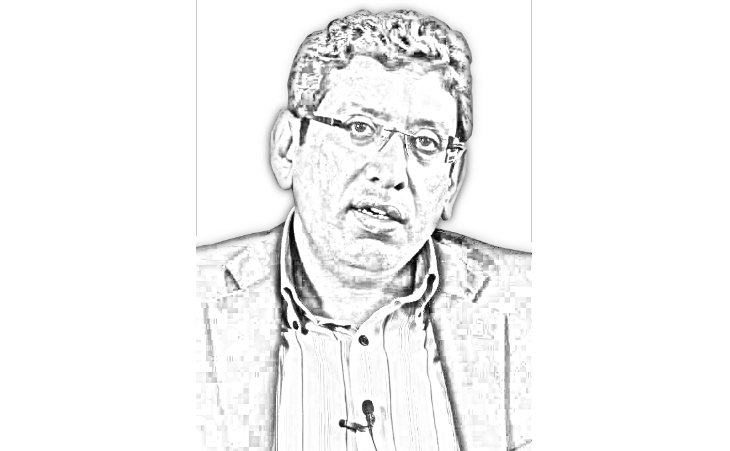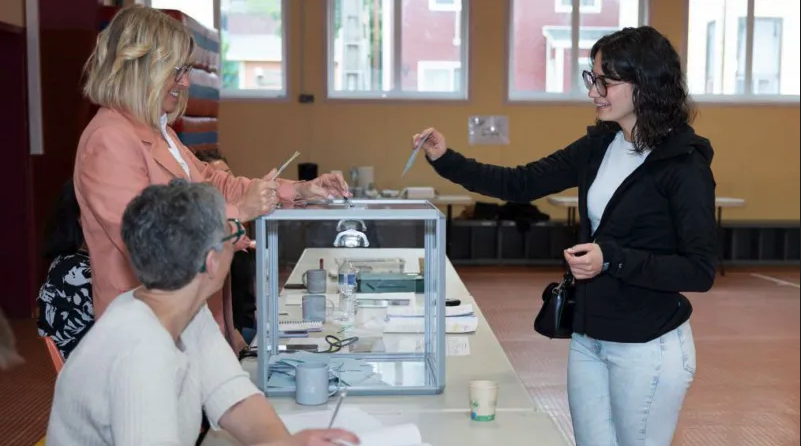• ADEEL MALIK THE recent failed coup attempt in Turkey highlights the country’s continuing vulnerability to military takeover. But it also reveals a newly-developed – and highly potent – asset, one that Turkey’s neighbours should also seek to cultivate: a strong middle class willing and able to mobilise against extremist threats.
The question for Turkey now is whether president Recep Tayyip Erdogan will cultivate this asset. For the wider Middle East, the issue is how to build a middle class that can safeguard stability.
When throngs of citizens took to the streets of Istanbul in the middle of the night, in an effort to push back the military coup makers, it was a powerful show of collective action – one that should interest any political leader, particularly those seeking to develop their countries.
Analysis of the coup has tended to focus on the rivalries within the Turkish elite, and on Erdogan’s failings (which, to be sure, are plentiful).
But little has been said about the structural shifts in Turkey’s political economy that have empowered the country’s middle classes, which form the electoral base of Erdogan’s Justice and Development Party (AKP).
Over the past two decades, Turkey has made remarkable economic strides, transforming itself from Europe’s sick man into one of its most vibrant economies and a new centre of gravity for trade in the Middle East. Critical to this transformation have been infrastructure investment, support for medium-size firms, expansion of regional trade, and development of the tourism sector.
As a result of these efforts, Turkey’s per capita income has tripled in less than a decade, while its poverty rate has more than halved, according to World Bank estimates.
This has underpinned tremendous economic mobility among Turkey’s rural labour force, small entrepreneurs, and lower-income workers, taking masses of people from the margins of society to the mainstream.
Even foreign policy was, wherever possible, aligned with the economic interests of the rising middle class (though the Syrian intervention reflects a shift in foreign-policy priorities).
For Turkey’s new middle class, the survival of democracy could not be more important – and, as recent events have shown, they are willing to fight for it.
Indeed, what has occurred in Turkey does not reflect only a power struggle between Erdogan and his challengers; it also highlights the determination of the middle class to ensure that Turkey does not revert to a political system that would damage its economic and political fortunes.
All of this suggests that, in responding to the coup attempt, Erdogan and his supporters must think beyond punishing the military faction that carried it out, though that is, of course, critical.
They must also focus on strengthening the interests of the middle class that came to the government’s defence.
In this sense, the real challenge facing Turkey in the coming months and years will not be from the military or foreign conspirators.
Succumbing to the temptation to consolidate power in the hands of the president, ostensibly to protect his government’s authority, could limit checks and balances and restrict space for political opposition, including within his own party.
That would undermine the very system for which the middle class has been fighting.
Importantly, as Erdogan seeks to concentrate more powers in the office of the president, he would do well to remind himself of the conditions that led to the Ottoman empire’s emergence and its eventual collapse.
Much like the AKP’s rise, the empire’s was based on the support of an emancipated citizenry in the rural countryside, particularly in the Anatolian heartland.
But, upon consolidating their power in Constantinople, Ottoman rulers quickly moved toward establishing a Sultanic order that contradicted its progressive origins – and weakened it from within. With greater centralisation of powers, Ottoman rulers became uncomfortably dependent on notables at home and imperial powers in Europe.
If Erdogan’s AKP hopes to avoid a similar fate, it must not continue its march toward a latter-day Sultanic order. A prosperous and inclusive democracy is the only way out for Turkey, and it would restore a model that the countries of the wider Middle East desperately need.
– Project Syndicate
Stay informed with The Namibian – your source for credible journalism. Get in-depth reporting and opinions for
only N$85 a month. Invest in journalism, invest in democracy –
Subscribe Now!






